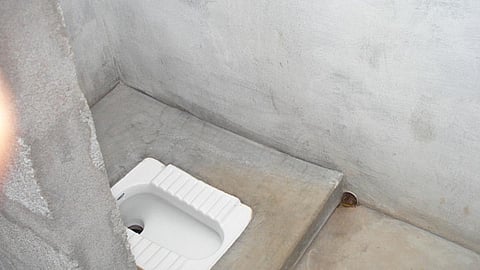
- Topics
- Feature
- Opportunities & Events
- Data
- Hindi Portal
- Topics
- Feature
- Opportunities & Events
- Data
- Hindi Portal

Karnataka's Mysore city has been ranked first in the Swachh Bharat rankings released by the Ministry of Urban Development. The rankings are based on the extent of open defecation and solid waste management practices in 476 cities across the country. In the rankings of capital cities, Bengaluru tops the list while Delhi is 4th, and overall 16th nationwide. Among the top 100 cities, 39 are from the South, 27 from the East, 15 from the West, 12 from the North and 7 from the Northeastern States.
A citizens' report has revealed that the public consultations organised by the State Governments for drafting recommendations on demarcating Ecologically Sensitive Areas (ESA) in the Western Ghats are just a formality. In one case when the Karnataka Government held the public consultation, a group of political leaders did not let the locals speak. Per the report, the locals know nothing about the ESA demarcation while fearing that the ESA recognition might deprive them of their basic facilities.
Out of the 459 mandals in the state, nearly half have recorded deficit rainfall ranging from minus 20% to minus 59% since June. Moreover, the situation is worse in 46 mandals that have received minus 60% to minus 99% of normal rainfall. Overall, the state has received just 306 mm of rainfall this monsoon which is 21% deficient than the normal rains in the state. The situation is worrisome for farmers who have sown water-intensive crops after the state received good showers at the start of the monsoon.
CPCRI wins global recognition for its groundwater protection technology
The Chicago-based Water Environment Federation has selected the Central Plantation Crops Research Institute (CPCRI) for the WEF McKee Award 2015 for creating a technology for groundwater protection, restoration and sustainable use. The Institute has evolved an environmentally compatible filtration mechanism for rainwater harvesting and has developed three filter devices -- storm water horizontal filter, roof water vertical filter, and recharge dual flow filter.
A 200-year-old water body named 'Naya Johad' in Sector 23 of Dwarka in Delhi was choked with silt for 30 years. However, with the efforts of the residents along with the help of Delhi Development Authority, the water body has been revived in a span of three years. In just 23 days, the water body has stored as much as 1 crore litres of water. Per environmnetalists, if authorities take necessary actions nearly 50 water bodies in the region can be revived.
This is a roundup of important news from August 4 - 10, 2015. Also read last week's policy matters updates.